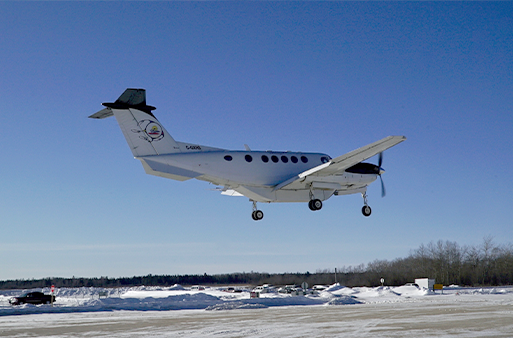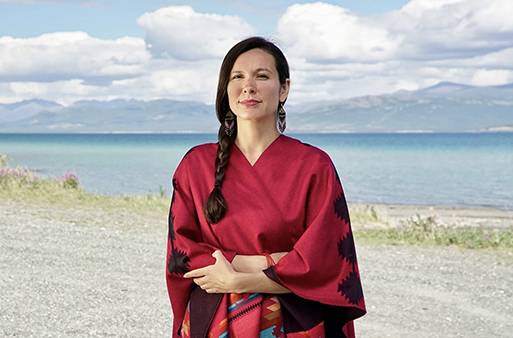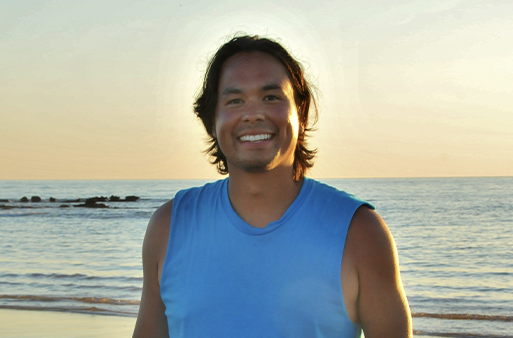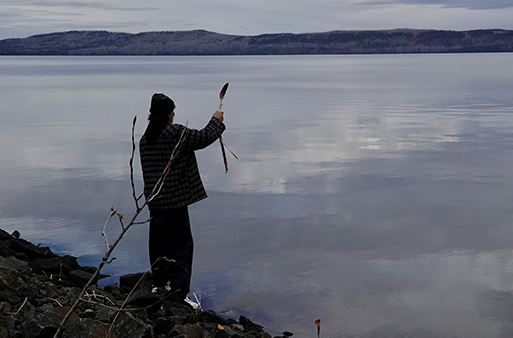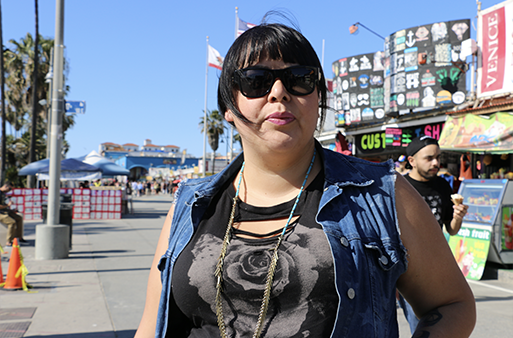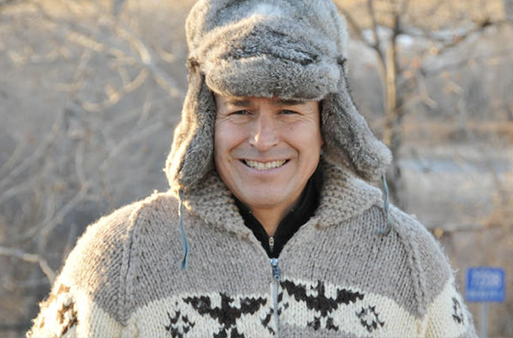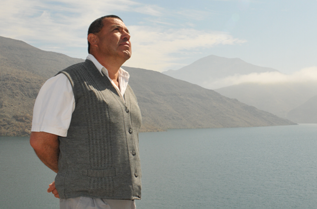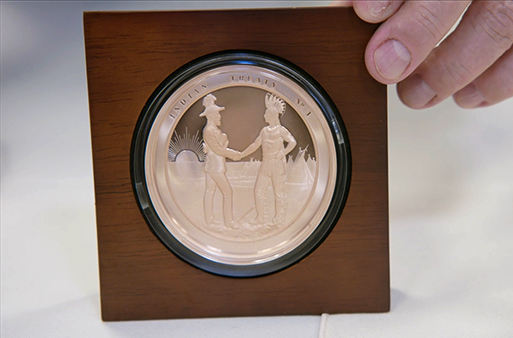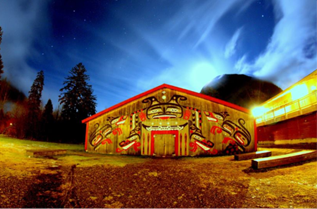
With the future of Canada’s second largest watershed at stake, an unlikely team of Prairie politicians, First Nations Chiefs, scientists, farmers, and fishermen band together to reconcile the fate of “Muddy Waters”, the world’s tenth largest lake.

With the future of Canada’s second largest watershed at stake, an unlikely team of Prairie politicians, First Nations Chiefs, scientists, farmers, and fishermen band together to reconcile the fate of “Muddy Waters”, the world’s tenth largest lake.
In the feature documentary “Muddy Waters”, a remarkable team of First Nations Chiefs and small-town Mayors embark on a history making initiative; to reconcile Canada’s colonial past and save the one lake they all rely on. Named after the Cree word meaning ‘Muddy Waters’ and the reservoir of Canada’s second largest watershed, Lake Winnipeg is heading towards a slow and potentially irreversible death. As the veritable heart and veins of Canada’s agricultural breadbasket, the film reveals how the inflow of fertilizers, commercial phosphates and municipal sewage across the Prairie provinces have effectively put Lake Winnipeg on steroids. Now, enormous blue-green algae blooms are sucking the life out of its water, foreshadowing a potential doomsday scenario for the communities who depend on it. Our story begins atop the Rocky Mountains, the western headwaters of the Lake Winnipeg watershed. Here, “Muddy Waters” begins an alarming character driven narrative that cinematically follows the flow of fresh water to examine how it’s affected – through the Prairie’s agricultural sector, into the boardrooms of Canada’s largest nutrient producers, at the kitchen tables of eroding family farms and ultimately into Lake Winnipeg. Through the impassioned and polarized politicians, business leaders, scientists, farmers, and fishermen we encounter, the film explores the complex social and economic tight rope between human development, food production and their conflicting effects on the future of fresh water. Against these seemingly insurmountable odds, one courageous team of First Nations Chiefs and small-town Mayors find truth in reconciliation, wisdom in Indigenous knowledge, and ultimately, the means to save “Muddy Waters”.
